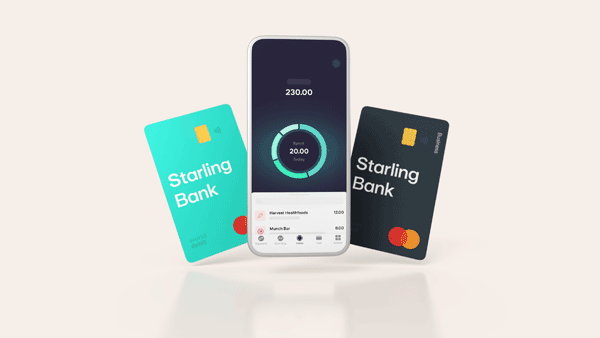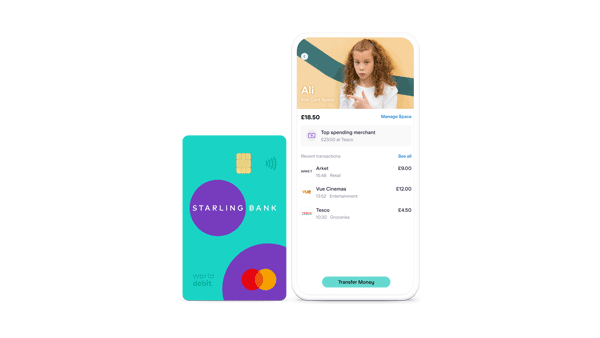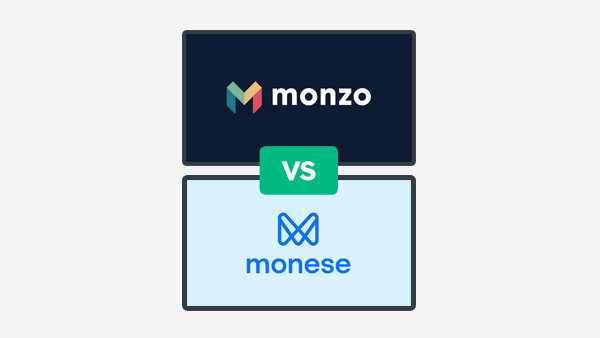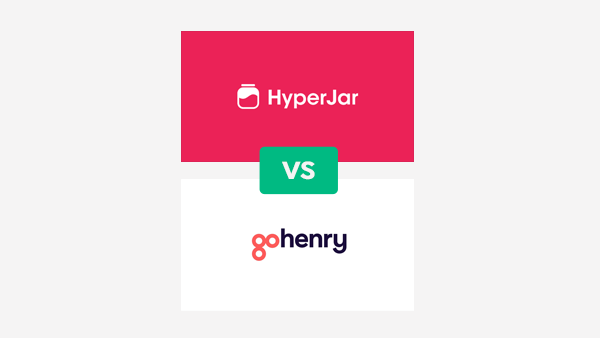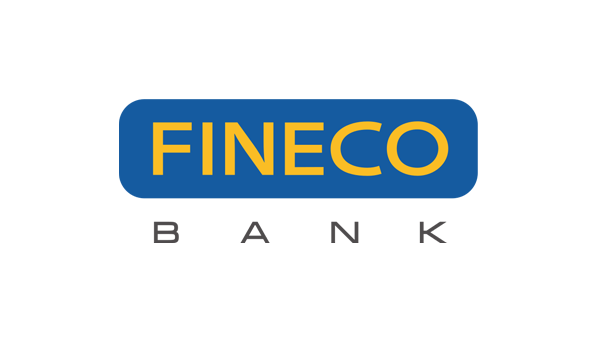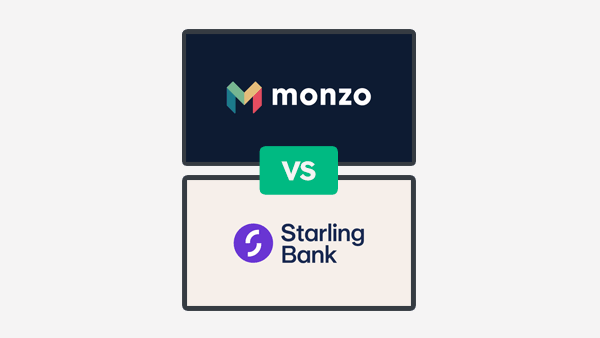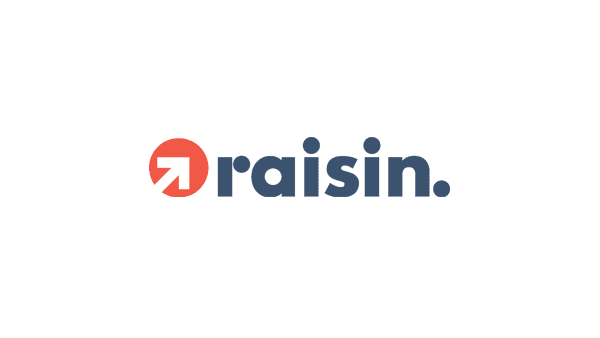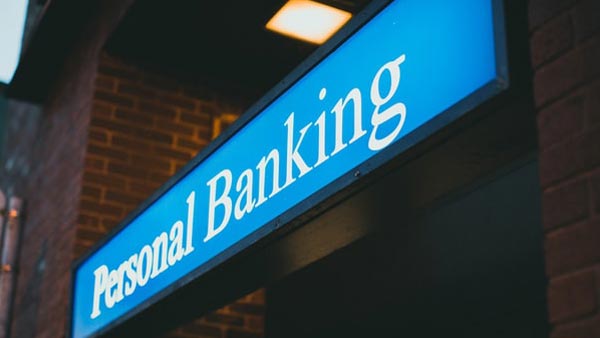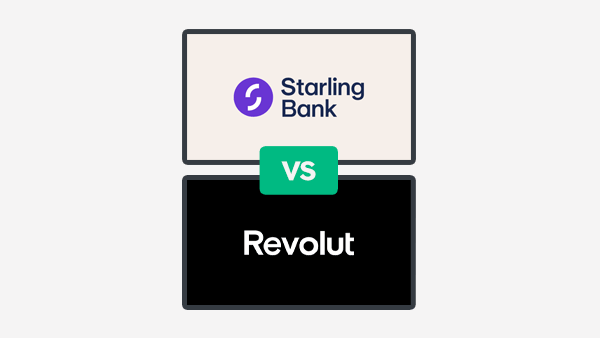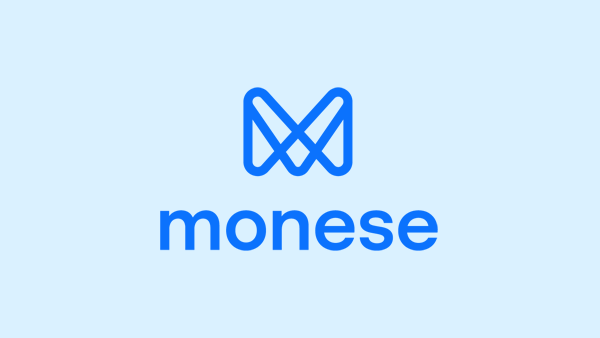
Table Of Contents
Monese – In Brief
Monese was launched in 2015 in the UK, by founder Norris Koppel. It was one of the first smartphone only current account providers available. When Koppel initially moved from Estonia to the UK he found it difficult to open a bank account with no address and UK credit history. This inspired him to start Monese, which is designed to provide a simple to set up, smartphone based banking solution, that will help people avoid these issues.
Monese Pros & Cons
Pros:
- Customers all get GBP and EUR accounts as standard.
- Simple and easy to create an account, without the need for an address or credit history.
- A flexible and comprehensive smartphone based current account
Cons:
- Deposits not covered under the Financial Services Compensation Scheme.
- Strict security rules, so account can be blocked
- Customer service can be hard to contact
What is Monese?
Monese allows all customers to easily set up an account via their smartphone, and unlike most other banks, you don’t need an address in the country you are setting up an account in to have the account. All you need is a photo ID and a selfie and you are good to go.
Therefore, it can be a good choice for people from outside of the UK who have recently moved there, as the account opening requires less history, and also users get a GBP and EUR account as standard. This means it could also be a good option for people from the UK who spend a lot of time in Europe.
As of 2022, Monese claim that over 2 million customers have downloaded their app, with the largest section of these being from the UK.
Monese Features
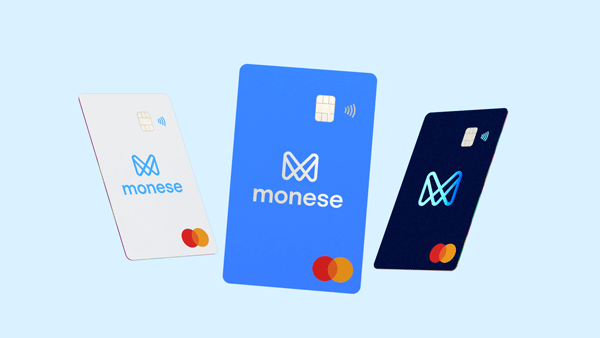
- GBP and EUR current accounts – for all customers as standard
- Mastercard debit card – with full contactless functionality
- Set up direct debits – within the app
- Pots – divide up your money to create separate areas so you can save or keep bills money separate
- Categorised spending – set your own categories
- Set monthly budgets – keep track of your money
- Earn interest and invest – via Raisin within the app
- Real-time spending notifications – see any account activity
- Free transfers in your local currency – and between Monese accounts
- Apple Pay and Google Pay – set up with you debit card
- Pay cash into your account – via the Post Office and PayPoint locations
On the paid tiers of Monese, other features are available:
- Insurances and purchase protection
- Priority customer support
Who is Monese for?
Monese aim to appeal to expats across Europe, including the UK, as they offer a EUR and GBP account as standard. In addition to this, they offer their app in 14 languages (currently more than any other similar app). Currently users based in 31 countries within Europe can create an account with Monese.
Monese Costs & Fees
Monese has 4 tiers of account. The more expensive the tier you subscribe to, the more things you will get as part of the subscription without having to pay extra for.
Starter: No monthly cost
With the Starter account, you will need to pay £4.95 to get a physical debit card. International transfers are charged at 2.5% (1% additional on weekends). You will be charged a 2% fee for spending on your card in foreign currencies. ATM withdrawals have a fee of £1.50, and if you pay cash into your account you will be charged 3.5% of the amount paid.
Essential: £1.95 per month
Essential users get their physical debit card at no cost. International transfers have a 2% charge (plus 1% on weekends). A charge of 0.5% is charged on card payments in foreign currencies. You can take up to £200 per month out of ATMs with no charge, and cash payments into your account are charged at 3.5%.
Classic: £5.95 per month
Classic users get their physical debit card at no cost. International transfers have a 0.5% charge. Card payments in foreign currencies are free. You can take up to £500 per month out of ATMs with no charge, and cash payments into your account are free up to £400 per month.
Premium: £14.95 per month
Premium users get their physical debit card at no cost. International transfers are free. Card payments in foreign currencies are free. You can take up to £1500 per month out of ATMs with no charge, and cash payments into your account are free up to £1000 per month.
Is Monese Safe?
Monese is not a licensed bank, but rather an e-money provider. As such customer deposits are not covered under the Financial Services Compensation Scheme (FSCS). Monese claim that customer deposits are still very safe, due to their practice of ‘safeguarding’. They state:
Safeguarding means your money is kept separate from any money owned by Monese or PPS and it’s placed into a secure account with an authorised bank, or covered through an insurance policy or similar guarantee. We never lend your money to anyone and it’s always available to you, on demand. There’s also no upper limit per customer or account for safeguarding. This means that all the money within your Monese account is protected.
Monese Customer Reviews
On Trustpilot, Monese have a rating of 3.9 out of 5 from over 24,000 reviews. 67% of the reviews are rated at 5 out of 5, with users appearing to be happy with the app – however – most of the top rated reviews appear very short and lacking in detail!
However, 18% of reviews on Trustpilot are rated at 1 out of 5. Almost all of these appear to be from people whose account was blocked and they had no access to their money, and were not getting a satisfactory response from Monese customer service. This does highlight a potential issue with Monese. As they require very little documentation to open the account, they will accept pretty much any account user. However, they will then need to strictly adhere to certain rules for the account, so it is possible that by performing an action, the user may have their account blocked. If the user can then not get any response from Monese, then they will not be able to access their funds. It does appear that this has happened to some people, as shown by the reviews on Trustpilot, and many other posts on Reddit and social media.
Monese Comparisons
Which is better – Monese or Starling Bank?
| Monese | Starling Bank | |
| Pricing | From free to £14.95 | Free |
| ATM Withdrawals | £1.50 charge on Free and above limits | Free UK & Abroad |
| Safety/Security | Deposits NOT protected under FSCS | Deposits protected under FSCS |
| Extras | GBP and EUR account | None |
Read our full Monese vs Starling Bank comparison
Which is better – Monese or Monzo?
| Monese | Monzo | |
| Pricing | From free to £14.95 | Free and £5 per month |
| ATM Withdrawals | £1.50 charge on Free and above limits | 3% fee above £200 per month |
| Safety/Security | Deposits NOT protected under FSCS | Deposits protected under FSCS |
| Extras | GBP and EUR account | Many options |
Read our full Monese vs Monzo comparison
Which is better – Monese or Revolut?
| Monese | Revolut | |
| Pricing | From free to £14.95 | Free, £25 and £100 |
| ATM Withdrawals | £1.50 charge on Free and above limits | 2% fee |
| Safety/Security | Deposits NOT protected under FSCS | Deposits NOT protected under FSCS |
| Extras | GBP and EUR account | Many extras |
Read our full Monese vs Revolut comparison
Monese FAQ
Is Monese a UK regulated bank?
Monese is not a licensed UK bank, but rather an ‘e-money’ provider. They are still regulated by the Financial Conduct Authority (FCA), but customer deposits are not protected under the FSCS.
How long does Monese take to verify?
Once you have set up your account, Monese will verify your documents, which usually takes between 24 and 48 hours.
How to open a Monese account?
Simply download the app, then add your phone number and email address. You will then need to take a selfie with your ID. Only citizens of the European Economic Area (EEA) can currently open accounts.
Monese Verdict
Monese stands up well against the other digital banking providers, with a range of features and tools that can help with your finances. Where Monese excels is for travellers. You do not need a UK address to get an account, and customers get a GBP and EUR account as standard, so this could take significant cost and headaches out of banking for some people.
Articles on the wiseabout.money website may contain affiliate links. If you click these links, we may receive compensation. This has no impact on our editorial and any money earned helps us to continue to provide the useful information on our site. This article is for general information purposes only and does not constitute financial advice. If you have any questions about your personal circumstances please seek professional and independent advice.

